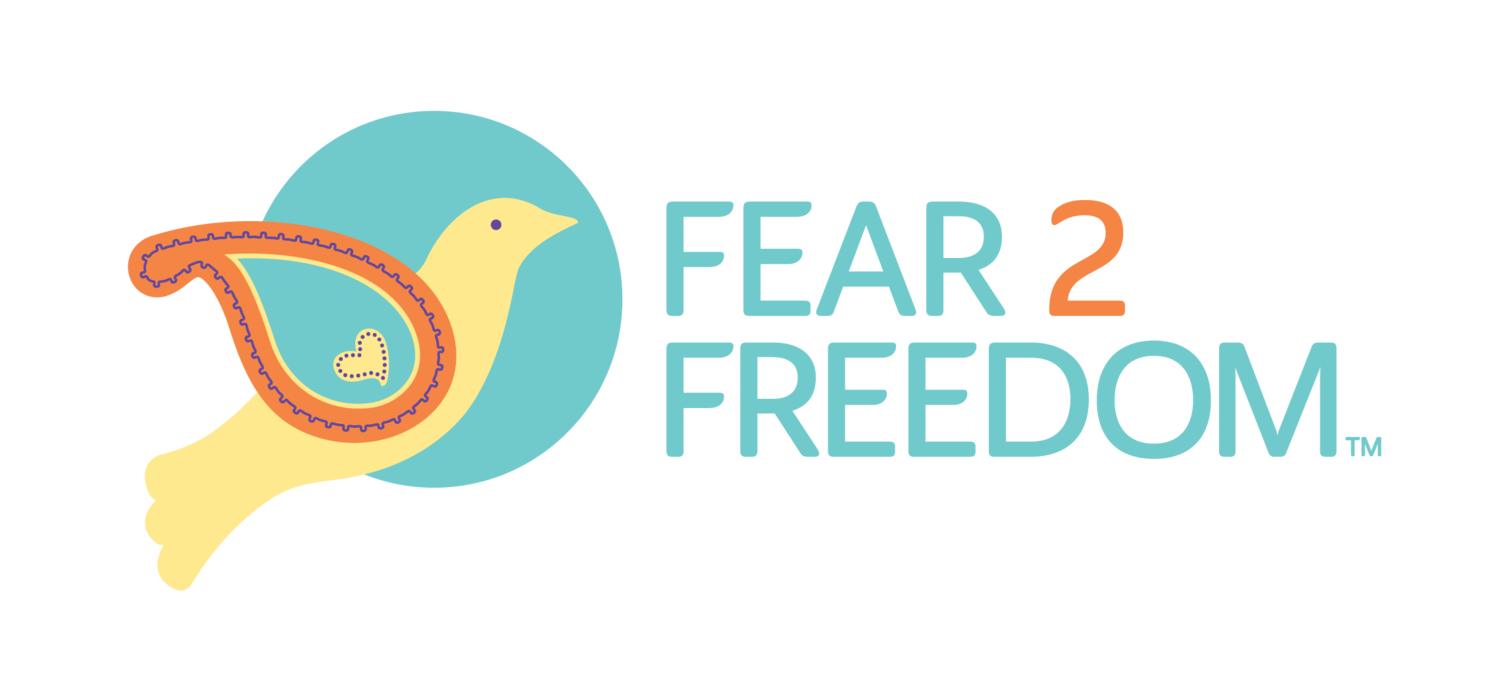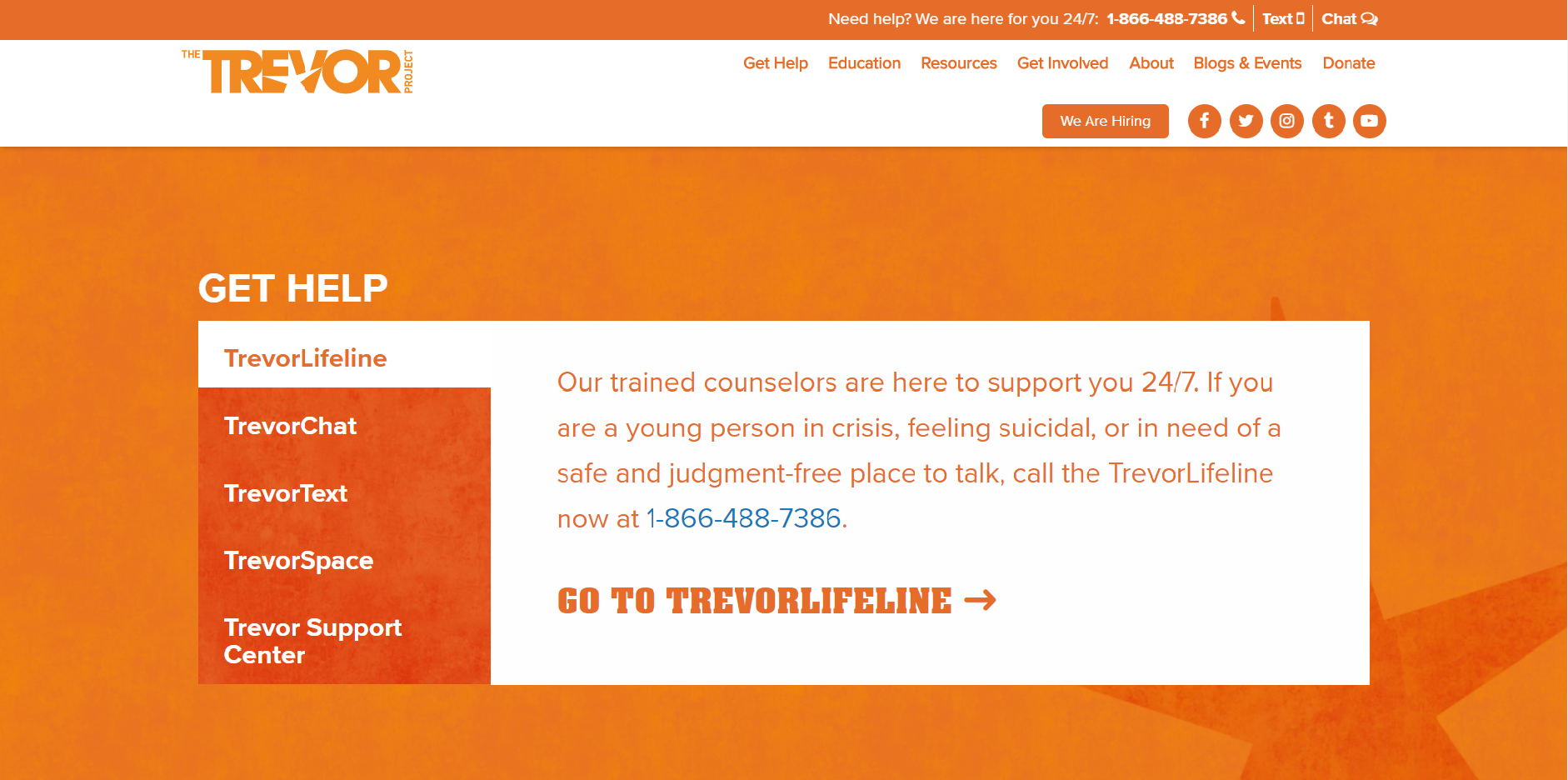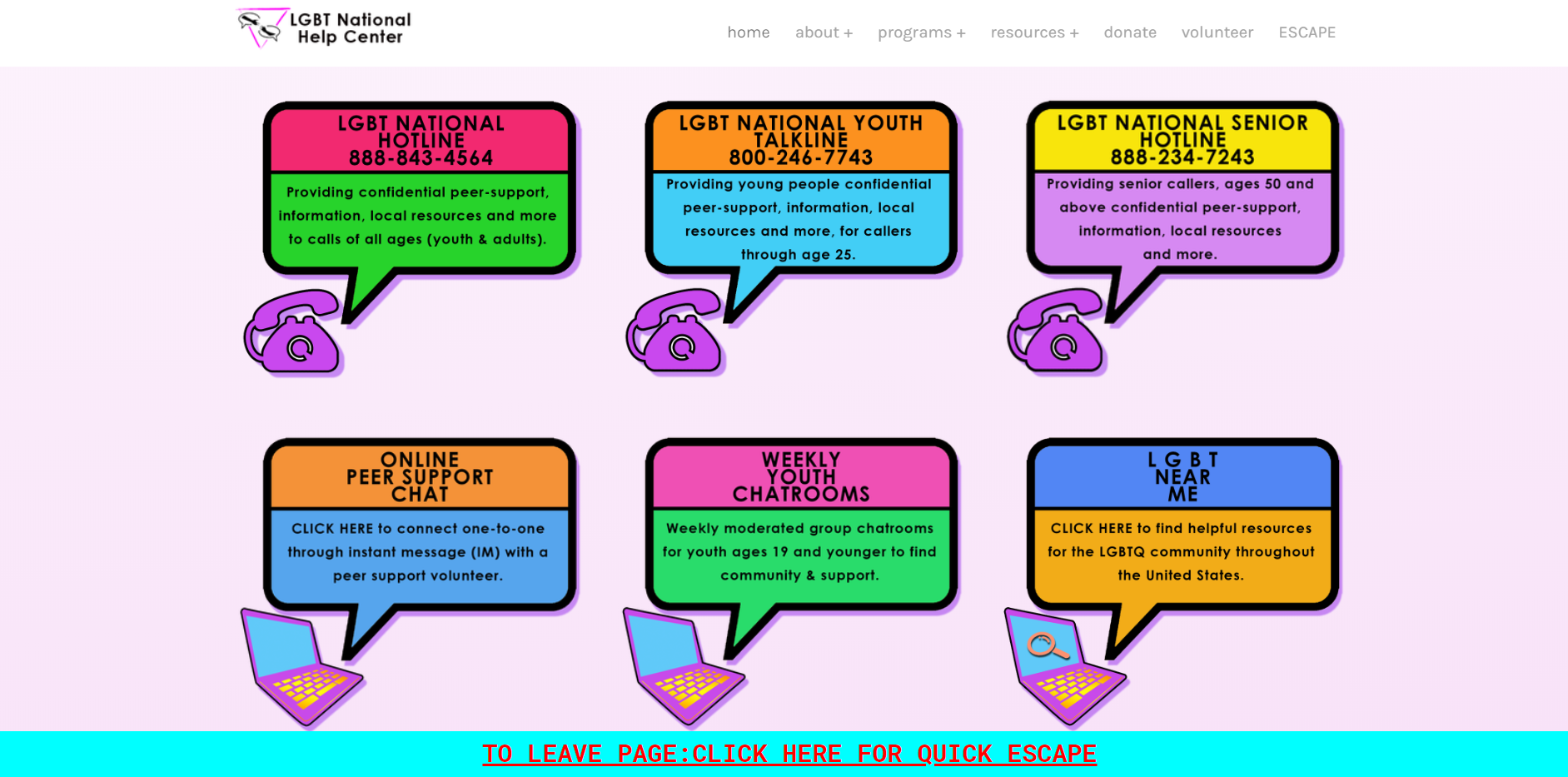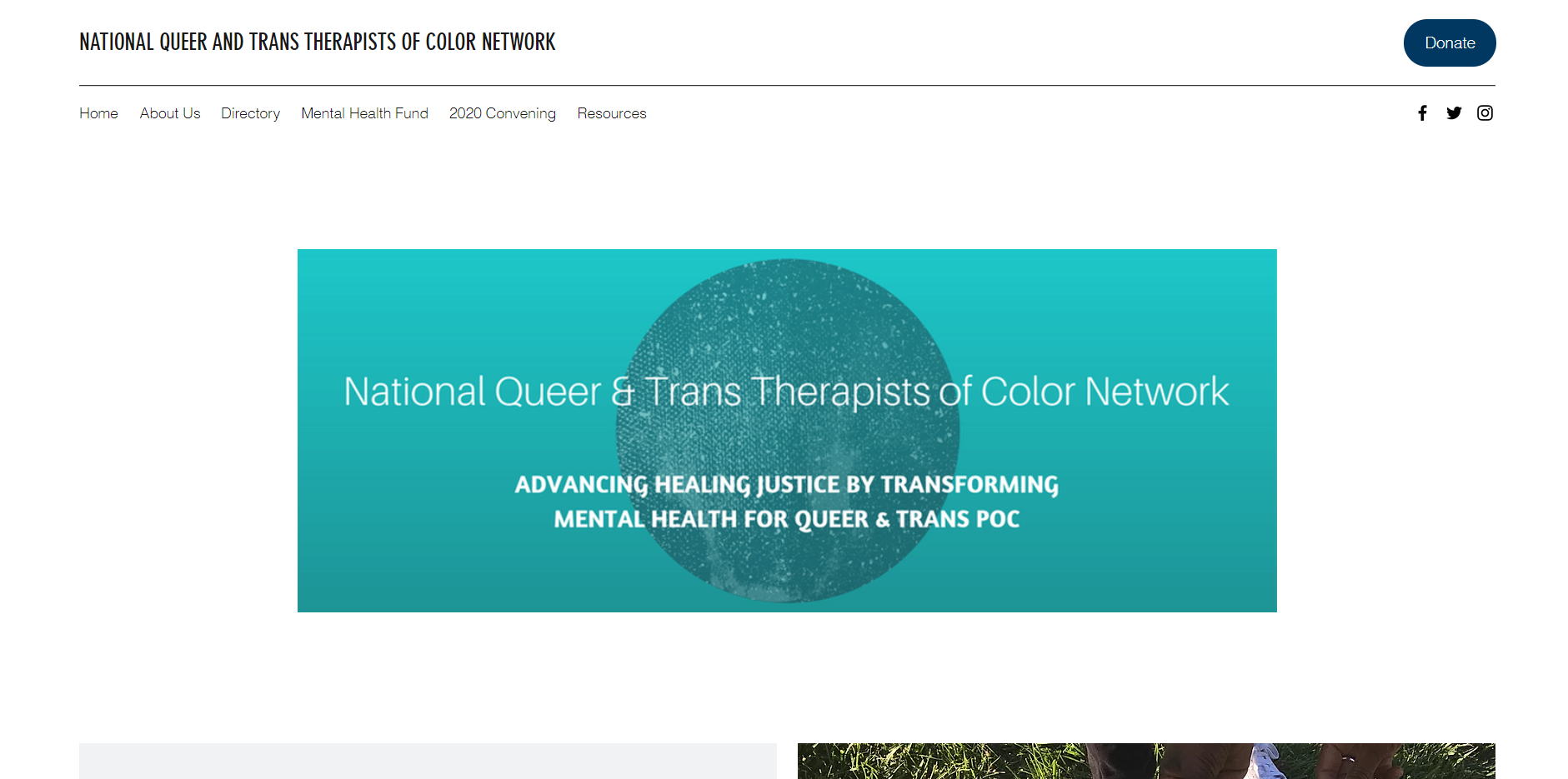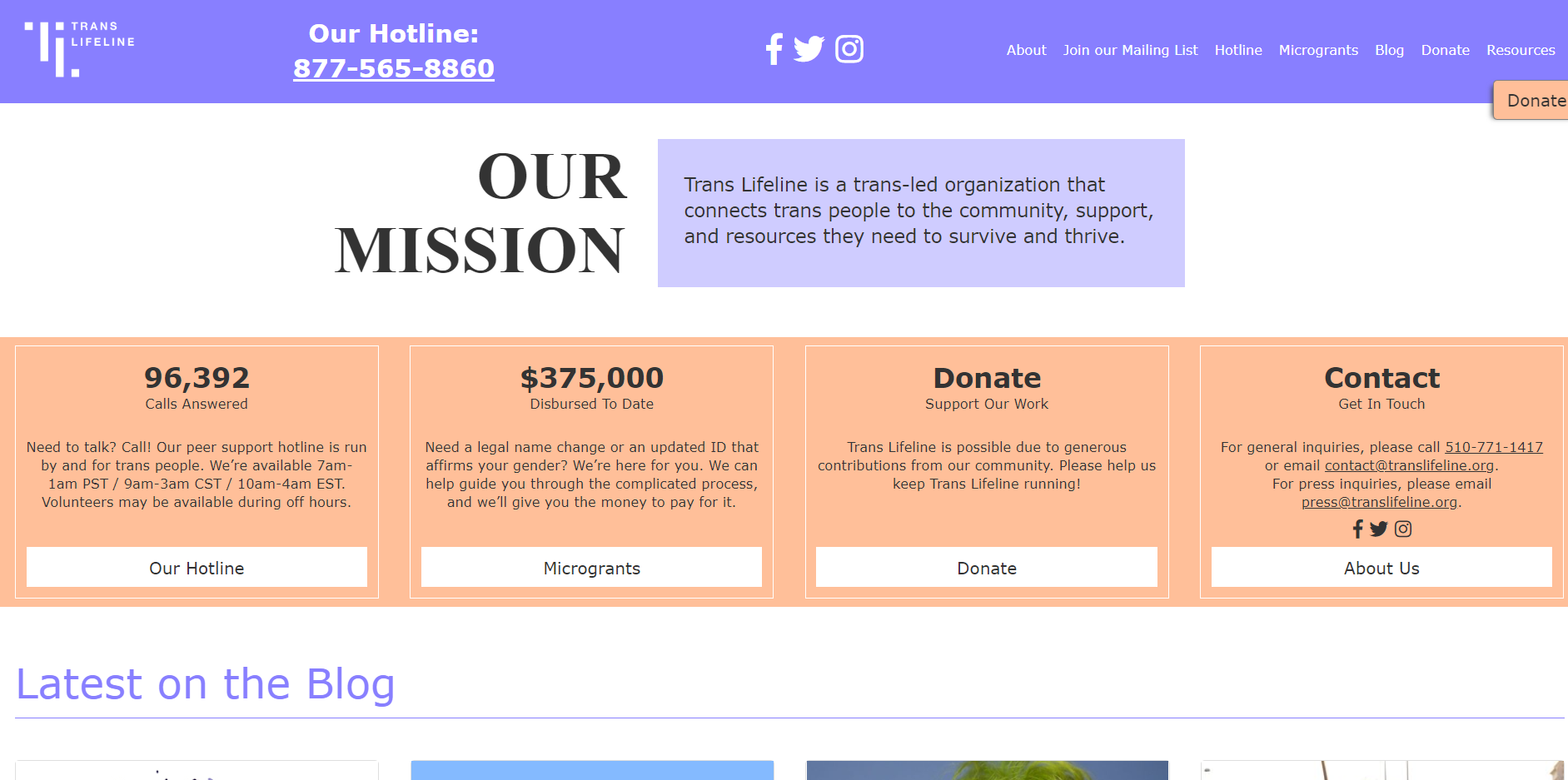By: Ian Doty, Spring 2021 Grant Intern
When COVID-19 struck many around the world thought it would pass rather quickly. Remembering Swine and Bird Flu, many pondered: “A pandemic? Today? This isn’t the middle ages!”. Sadly, COVID-19 silently creeped its way around the globe, moving swiftly from country to country until eventually ending up in the United States. Soon hospitals were filled, family members and friends got sick, and many around the nation lost their jobs. The country was placed on lockdown, masks were mandated, and social distancing kept us apart. Many staying home for months on end. Countries around the world followed suit, this pandemic has been so impactful that the world economy faced the largest recession since the Great Depression… many now at home, without a source of income, and in close proximity.
COVID-19 is the main pandemic, the one we see on our television screens and the one we see online, as the numbers counting the total sick and dead from this terrible virus continue to grow. It has resulted in 30 million in the United States losing their jobs and turmoil in family life. However, another virus came as an unfortunate byproduct of the precautions meant to make people safe from this disease: sexual and domestic violence.
Domestic violence against women rose a staggering 25% worldwide… in every country, city, and town. A report from Harvard Medical School found that in March 2020, minors made up half of the calls to the National Sexual Assault Hotline and RAINN hotline for the first time ever. Furthermore, the National Sexual Assault Hotline saw a general increase of calls by 40% above average. Of minors who reported coronavirus-related concerns, 67% identified their perpetrator as a family member, and 79% said they were living with that perpetrator. This is unsurprising, as approximately 80% of sexual assaults are committed by someone known to the victim. With the high stress the pandemic has placed on society it is sad to see a rise in cases due to such close proximity.
This poses an astronomical challenge for those fighting sexual abuse. The fact that the most vulnerable in our society became some of the most impacted is devastating.
Currently in the United States someone is sexually assaulted every 73 seconds, and it is presumed rates of reporting have decreased while rates of sexual violence have risen. For example, forensic nurse examiners in Washington D.C. performed only 24 forensic exams in March of 2020, a 43% decrease from March 2019. Yet in Fear 2 Freedom’s home state of Virginia there has been a 76% increase in calls, texts, and chats to the statewide hotline. 46% of Virginia agencies reported increasing demands for services and 87% of Virginia agencies reported “significant shifts'' in staffing to help survivors in need. The impact of COVID has not only affected survivors but also those who work tirelessly to stem the flow of unnecessary violence. Most sexual violence counseling providers and shelters had to reduce or cancel some of their services due to the strain the pandemic caused, despite domestic violence organizations seeing an increase in need for sexual violence counseling. For those who feel unable to seek help because of the proximity to their abuser, the lifting of restrictions should see a turnaround in the number of reported cases.
The reason behind this decrease in reporting is multi-faceted, but fear of going to the hospital and facing retribution is likely a large contributor. With this information in mind, we should all batten down the hatches and prepare for the aftermath that this pandemic has caused and stand together to help everyone in need when they come for help. It will not be easy for anyone involved: the nurses, the counselors, the volunteers, and most certainly not the victims; but we all must do our part in the days ahead for a better and brighter future.
